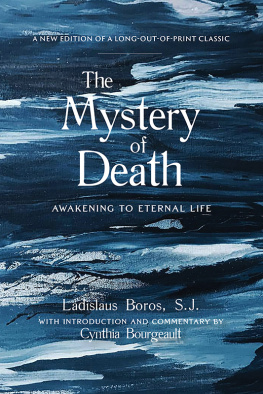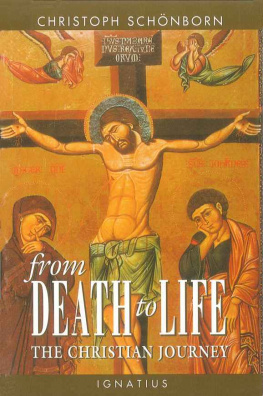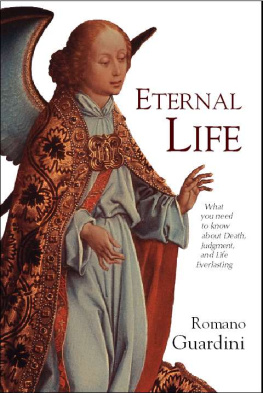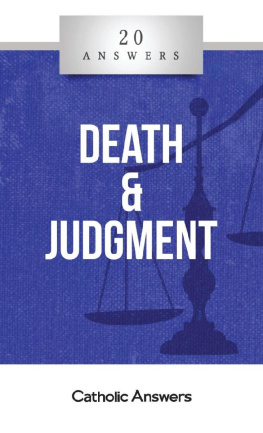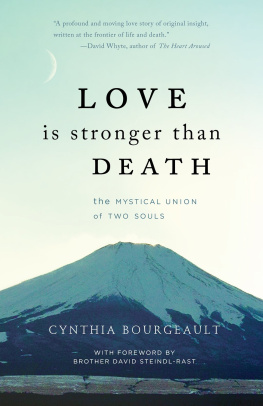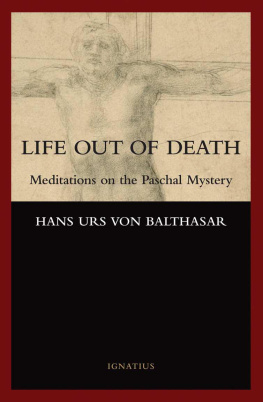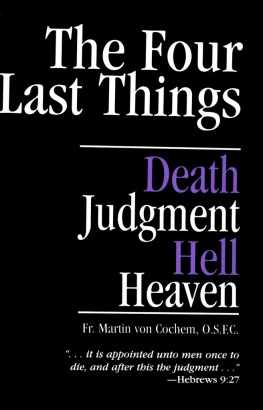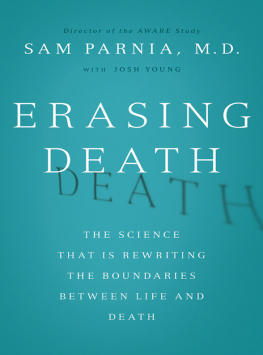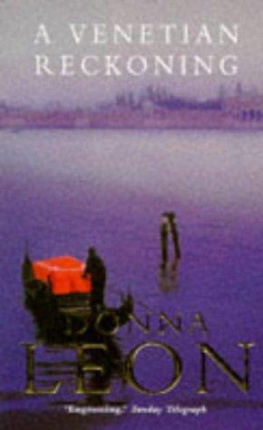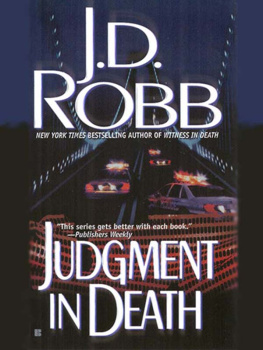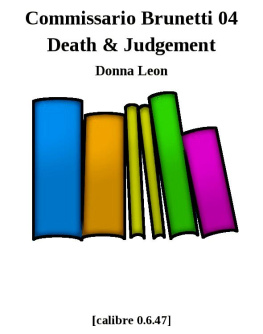The Mystery of Death
The Mystery of Death: Awakening to Eternal Life Copyright 2020 by Monkfish Book Publishing Company. Introduction and Commentary Copyright 2020 by Cynthia Bourgeault.
All rights reserved. No part of this book may be used or reproduced in any manner without written permission from the publisher, except in critical articles or reviews. Contact the publisher for information.
Paperback ISBN 978-1-948626-15-6
eBook ISBN 978-1-948626-16-3
Library of Congress Cataloging-in-Publication Data
Names: Boros, Ladislaus, 1927-1981, author. | Bourgeault, Cynthia, writer of commentary.
Title: The mystery of death : awakening to eternal life / Ladislaus Boros, S.J., with introduction and commentary by Cynthia Bourgeault.
Description: Rhinebeck, New York : Monkfish Book Publishing Company, 2020. | Includes bibliographical references.
Identifiers: LCCN 2019055190 (print) | LCCN 2019055191 (ebook) | ISBN 9781948626156 (paperback) | ISBN 9781948626163 (ebook)
Subjects: LCSH: Death--Religious aspects--Christianity. | Death. | Teilhard de Chardin, Pierre. Milieu divin. | Christianity--Philosophy.
Classification: LCC BT825 .B563 2020 (print) | LCC BT825 (ebook) | DDC 236/.1--dc23
LC record available at https://lccn.loc.gov/2019055190
LC ebook record available at https://lccn.loc.gov/2019055191
Book and cover design by Colin Rolfe
Cover art by Henrik Dnnestad
Monkfish Book Publishing Company
22 East Market Street, Suite 304
Rhinebeck, New York 12572
(845) 876-4861
monkfishpublishing.com
Contents
Boros, Teilhard, and The Mystery of Death
AN INTRODUCTION AND COMMENTARY BY CYNTHIA BOURGEAULT
Somewhere in the mid-1970s, a copy of the book The Mystery of Death by Ladislaus Boros came into my possession. I cant recall the circumstances, but a $1 price sticker on the inside dust jacket suggests it may have been a yard sale special. However it arrived in my hands, it was certainly one of the great spiritual bargains of my life, for its bold and mystically luminous Christology dazzled my young theological brain and carved itself deeply into my heart. For nearly forty years, it has been one of the cornerstones of my own spiritual understanding.
In these same forty years, however, Boros managed to fall almost entirely through the theological cracks. When Herder and Herder, the American publisher of The Mystery of Death, melded into Seabury Press and then vanished altogether in the late 1980s, Boross chef doeuvre seemed unfortunately consigned to a similar demise. Nowadays, when I mention the name Ladislaus Boros to my Jesuit colleagues, I find to my surprise that most have never heard of him; nor does a current web search for Jesuit scholars/death produce his name. While a few of Boross Swiss confreres still remember him personally and have offered their helpful comments and clarifications for this commentary, I would venture to say that beyond his immediate circle of European colleagues, his work has now been largely forgotten. Its most serious devotees at this point seem to be my own Wisdom students, who resolutely wade through the dense scholastic metaphysics in order to unearth the treasure buried in the field.
An obvious explanation for Boross relative obscurity in contemporary Jesuit circles is that he did not end his days as a Jesuit. After a brilliant beginning that saw him widely acclaimed as one of the brightest rising stars in the postwar Jesuit theological firmament, his life gradually trended in a different direction. In 1973, he renounced his orders, married, and was laicized. He died in Switzerland in 1981, barely fifty-four years old.
My reasons for bringing forward once again this forgotten Jesuit son are twofold. The first is on his own merits, because his now obscure masterpiece deserves to be much better known. It remains an authentic example of visionary theology at its most sublime, with a message that is at once challenging, timeless, and deeply hopeful. Augmenting his scholastic methodology with insights gleaned from philosophy, psychology, literature, and his own considerable mystical acuity, Boros offers a profound and multifaceted exploration of the meaning of death, set against the greater backdrop of the meaning of life itself as it gradually reveals itself in a deepening openness to the total surrender that is love (MD, p. 46). His exploration reaches its stunning climax when these same general principles are applied to lead us through the eye of the needle of Christs own death. The Mystery of Death is an intense jewel of Christian mystical insight and deserves to remain accessible to a new generation of spiritual seekersmany of whom, I trust, will find themselves just as riveted by it as I was.
My second reason for bringing this work forward again is, frankly, because of the interpretive window it opens up with another, considerably more famous Jesuit forgotten son, Pierre Teilhard de Chardin. Beneath Boross brief, appreciative reference to Teilhard toward the end of The Mystery of Death, it is not difficult to detect a deep mystical kinship that may in fact comprise one of the more remarkable lineage transmissions of our time.
Contemporary literary criticism recognizes the principle of intertextuality, defined as the shaping of a texts meaning by another text, irrespective of direct linear causality. Its about listening to how two texts talk to one another, how they unfold and amplify each others meaning. Later in this introduction I will be drawing on the methods of intertextuality to explore the dynamic cross-pollination between The Mystery of Death and Teilhards early spiritual masterpiece, The Divine Milieu. We will ride the curve of this dynamism as it breaks into some significantly new theological ground.
This intertextual conversation is particularly timely in our own era as the contemporary Teilhardian renewal continues to gain momentum and scholars look for wider interpretive lenses through which to make his teaching more generally accessible. Spearheaded by first-rate scholars such as Ilia Delio, Ursula King, and John Haught, the Teilhardian groundswell has already generated significant renewed interest in his writings and has substantially narrowed the gap between his former odd duck status and Thomas Berrys startling prophecy, cited in the foreword to the 2003 Sarah Appleton-Weber translation of The Human Phenomenon: I fully expect that in the next millennium Teilhard will be generally regarded as the fourth major thinker of the Western Christian tradition. These would be St. Paul, Augustine, Thomas Aquinas, and Teilhard.
Teilhard remains a tough slog, however. While many of his contemporary Jesuit confreres are now more than willing to welcome him back with open arms, I often hear the comment, whispered as an aside, But I dont really understand what hes saying. Nor does Teilhard make it easy on his readers. Because of his long years of exile in China, he was denied the intellectual give-and-take with a jury of peers who would have impelled him to nuance his thinking and further develop his ideas. The towering strength of his work is also its towering weakness: its monological quality, which makes it difficult for anyone not already on his same wavelength to gain easy access, and which tends to reify theological weak spots, making the canon appear less intellectually tractable than it actually is.
It is just here that Boros enters the picture, as a powerful potential bridgebuilder. Standing firmly on the shoulders of his celebrated Jesuit mentor Karl Rahner, and highly skilled in the scholastic discourse that Teilhard himself eschewed, he is able to mediate an illuminating dialogue between Teilhard and the greater Christian theological traditionnot, as is so often the case in so much of contemporary Teilhardian scholarship, by secularizing Teilhards thought or draping it in current evolutionary jargon, but by piercing to the very marrow of Teilhards Christic mysticism and carrying it to an even more brilliant degree of spiritual luminosity. Like a modern-day Elijah and Elisha, Teilhard and Boros are joined at the hip, I believe, in a single, continuous spiritual transmission. And the harmonizing light that Boross own mystical acuity is able to shine on Teilhards poignant theological singularity is reason in and of itself to restore

